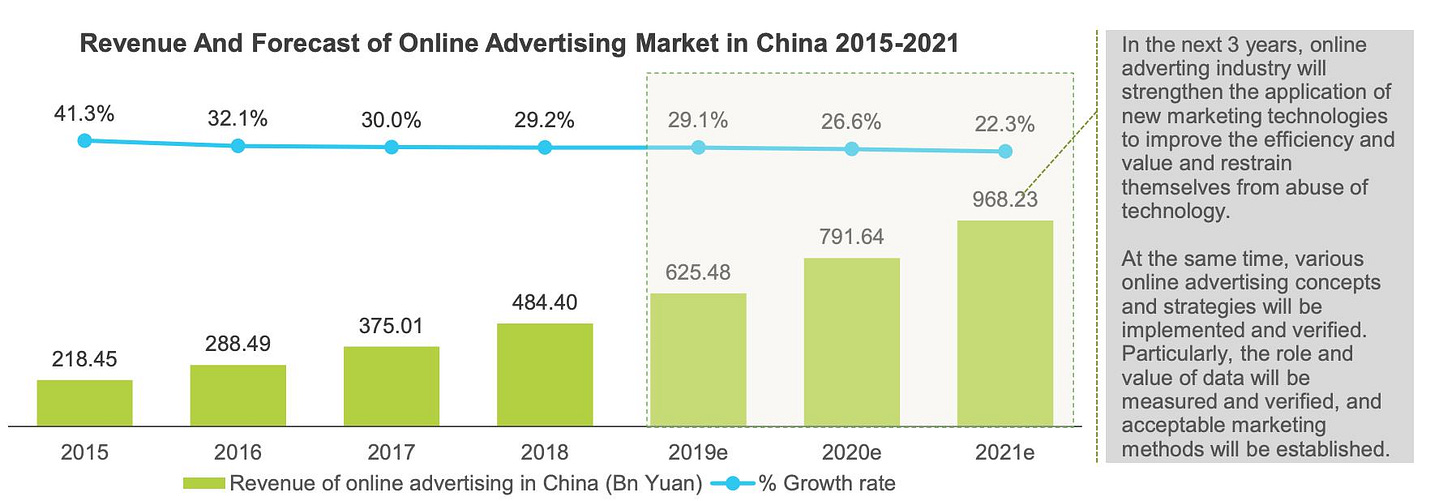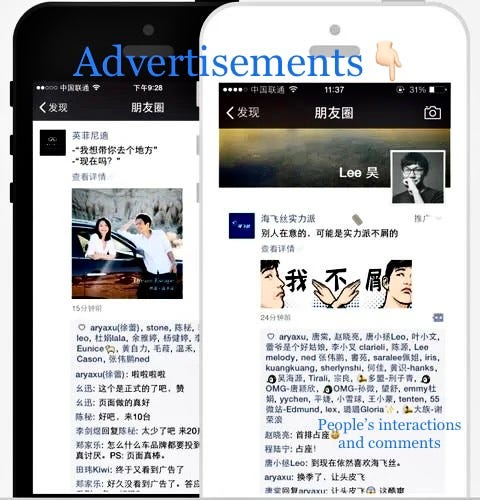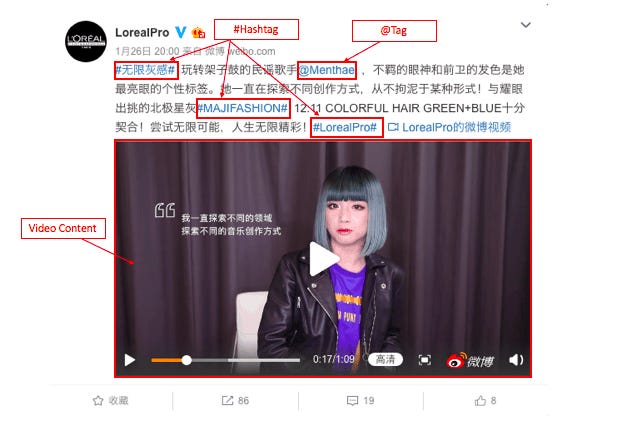Have you heard of Double 11? Double 11, also known as Singles’ Day, is the largest e-commerce day in China. It started as an annual discount event that only happened on Tmall, but now it has become a national shopping festival through all Chinese e-commerce platforms. Each year, we see an evolution of Double 11 marketing strategies from brands. As Double 11 attracts more and more attention from consumers, many brands take the advantage of consumers’ enthusiasm to release new products.
China is one of the fastest-growing and most promising markets in the world. China's retail boom, increased competition among retailers, and the constant evolution of the market are causing China's advertising industry to grow even faster than the economy as a whole. For lots of companies, instead of doing what they “can” do, they choose to do what they “should” do in order to have a successful advertising campaign.
In September 2015, the Chinese Government updated its advertising regulations to protect the interest, health, and safety of its citizens by limiting brands to do fake promotional campaigns. This amended Advertising Law was in fact the first major revision since it was introduced in 1995. Under this new law, on top of the 49 existing laws, 26 were added defining advertising guidelines. Moreover, there are also some “extreme” words that are prohibited in China when advertising, in pursuit of consumer protection.
While traditional printing and broadcasting advertising channels have been generally shrinking, outdoor and online ads have been experiencing exponential growth. This can be explained by better access to mobile and growing internet penetration in the country. Social media is a crucial aspect of any good marketing strategy in China, driven by urbanization, digitalization, and mass transportation. In January 2019, there were approximately 1 billion social media users in China, which now accounts for a third of the world’s active social media users.
Especially following the Covid-19 pandemic, Chinese consumers had time to save money as they were not able to go out. Many companies decided to reinvent their marketing strategies by creating virtual malls and AR apps for example. Thus, it was essential for companies to do online advertising and use social media to promote their products.
Chinese shopping apps are nowadays the most popular way to access online shopping, such as TikTok, Xiaohongshu, WeChat, and Weibo, and normally there is no AdBlock for such advertisements. WeChat is China’s most popular mobile social network application. With WeChat, brands can access potential consumers through creative marketing to capture a wide market share in China. This platform allows retailers to feature online stores, has a convenient third-party payment function, and allows for push messages that introduce new products or deliver promotions to those customers who subscribed. Besides, on WeChat, similar to a friend’s post, the advertisement will be placed in the users’ Moments feed based on their personal settings. What is so unique and fun about these is that users can comment, like, or even interact with the ads. They also work on a network basis, meaning if one user interacts with an ad, their WeChat contacts will likely see the same ad in their timeline.
Brands can also open Wechat shops, which are linked to their official accounts to sell their products or services. These shops are very well-integrated with Wechat by using its interface, online payment, chat function for customer service, log-in, and sharing functions. WeChat Pay is very powerful in driving sales on the platform. Analysts expect 85% of all online shopping in China will be done on mobile devices by 2021.
Taking Weibo as another example, as soon as users tap open their Weibo app, the ad will appear on the opening page. The ad will either showcase a static image or a video, which will be linked to the web page of the campaign. Because it covers the entire screen, this format is on the pricier side and works better if the brand is more established and works with a celebrity spokesperson. Another type of Weibo display ad is a search result ad. Based on the keywords users are searching, Weibo displays your account or hashtag linked to your landing page on top of the search results.
In addition, Created by Miranda Qu and Charlwin Mao, Xiaohongshu also called the “Little Red Book” or RED, is a social e-commerce app often compared to a mix of Western Instagram and Pinterest. Xiaohongshu launched its cross-broader platform in 2014, connecting Chinese consumers with global brands by allowing them to buy overseas products directly through the app. Since then, the company has signed huge brands. There are many flash sales and online discounted sales, mainly in beauty and fashion industries. The app is also great for influencer marketing, as many top Chinese celebrities or influencers have accounts on the platform, sharing lifestyle tips, product reviews, ads, and live streaming sessions, driving direct sales thanks to the app’s e-commerce function. The picture shown below is one of the most famous makeup bloggers, live streaming and selling makeup from different brands.
A business planning to market its goods or services in the Chinese market must pay close attention to Chinese advertising regulations. As well as the new law discussed above one might need to also consider trademark law, other applicable advertising regulations, as well as laws relating to specific goods and industries. This needs to be done at the very earliest stages of the marketing process. The consequences for non-compliance are severe and can have a catastrophic effect on a business entering the country. However, with careful planning and sound strategies, marketing a product or service effectively in China can hold the key to entering one of the world's most lucrative and exciting markets.









